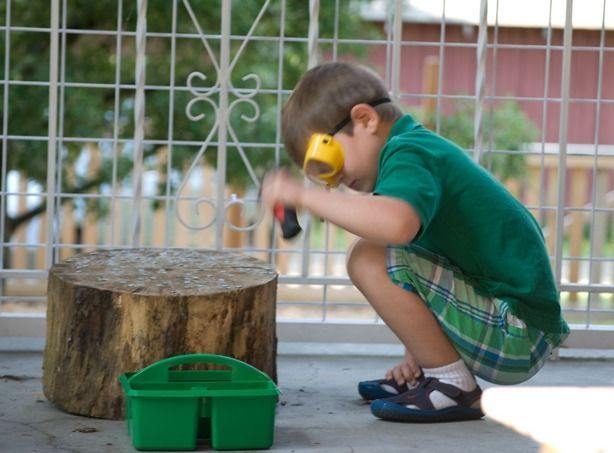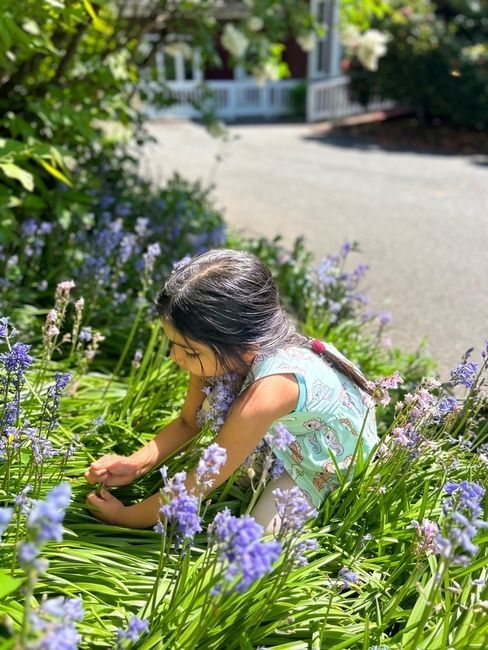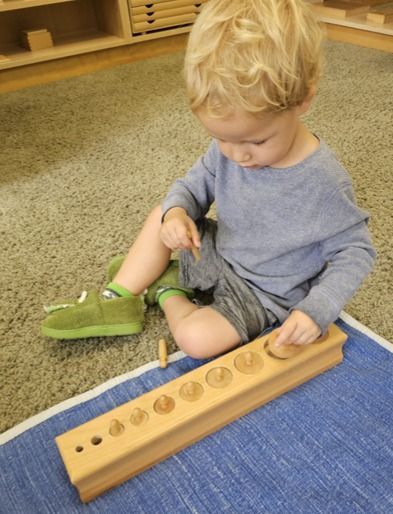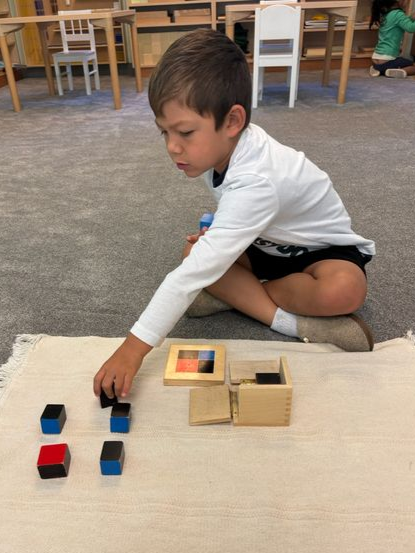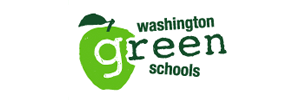Programs
Early Childhood
A classical Montessori education for students 3-6 years old.
At Chestnut Montessori, our early childhood curriculum is designed and implemented to support the needs and abilities of the whole child in his/her physical, social, and intellectual development. The curriculum is introduced individually as a child demonstrates readiness. We incorporate a STEAM curriculum that aligns beautifully with the classical Montessori approach.
Our specially prepared environment fosters independence, competence, and confidence as students become self-directed learners.
Children learn best when the promise of Sensitive Periods are fulfilled. Sensitive Periods are transitory times of effortless learning, when students can absorb specific nomenclature and information. Guided by our highly educated Montessori teachers, each child's innate abilities, intelligence, and creativity unfolds.
What to Expect
Our Program's Unique Features
Practical life lessons
The lessons of Practical Life engage the child in meaningful activity or “work.” These activities allow children to imitate adult activities while assisting fine motor development, eye-hand coordination, concentration, attention span, and independence, preparing students for academic work ahead.
Practical Life lessons incorporate concepts such as classification, volume, equivalency, similarity, less than and greater than, pairing, balance, and Geometry. Activities such as folding cloths and bead stringing, in which the child crosses the midline of the body, facilitate the development of neuropathways across the left and right sides of the brain.
Areas of Practical Life include Grace & Courtesy, Perceptual Motor Development, Visual Motor Coordination, Care of the Person, Care of the Environment, Food Preparation, and Art.
science
Science experiments require a measure of concentration and coordination and include activities related to specific curriculum. They are usually first presented to students using the inquiry process to enhance understanding. They may include: Properties of Land, Water, and Air, Magnetism, Three States of Matter, Gravity, Buoyancy, Solar Energy, Light, and Propagation of Plants.
geography
The Montessori Geography curriculum is based on physical and cultural geography. Physical geography encompasses the formation of the universe and the creation of the earth. Children learn through maps and globes discovering continents, countries, animals, and new cultures.
Math
The Early Childhood curriculum relates Math to the everyday activities. Students love to learn about fractions, proportions, geometry, and how they can relate the numbers and simple math exercises naturally. The Sensorial impression of fraction is introduced through the use of the Fraction Insets. This material provides students with a concrete understanding of the families of fractions before they are introduced to mathematical operations with fractions.
Language
Your child will enhance and develop language skills upon entering the classroom and throughout the day. Upon arrival, children are welcomed and greeted with a smile. Listening skills and oral language are developed through circle activities such as songs, fingerplays, stories, and lessons on nomenclature, discussions, and social times. Opportunities are provided for young learners to develop both receptive and expressive language skills.
Our Language sequence includes tracks for students to prepare for the development of writing and reading skills, through an understanding of the functions of Parts of Speech (Grammar) and word studies for children who remain in our school until age 6.
Additional Activities
Our school days are filled with Montessori lessons and additional activities that support our students in their social emotional development and life skills. Children enjoy cooking classes, science experiments, music lessons, art, foreign language, and cultural diversity. They also have a lot of fun and freedom exploring our play yard, garden, natural trails, and soccer field.
What People are Saying
Parent Reviews
"Our two daughters were extremely fortunate to spend 4 and 6 years at Chestnut Montessori School. Chestnut helped encourage the girls to be the passionate, curious, and compassionate people they both are today. Chestnut and Mrs. Hanson fully embrace the Montessori philosophy and helped our girls develop at their own rate - helping them to love learning and, most importantly, playing and enjoying time with other like-minded children. Their mantra of grace and courtesy as well as global citizenship lives on in our family today. We cannot recommend this school enough to help young children become amazing young adults. We were very excited to hear that Ms. Stefanski has now returned and cannot wait to continue to see how the school develops."
— Jason and Maureen Hogg

